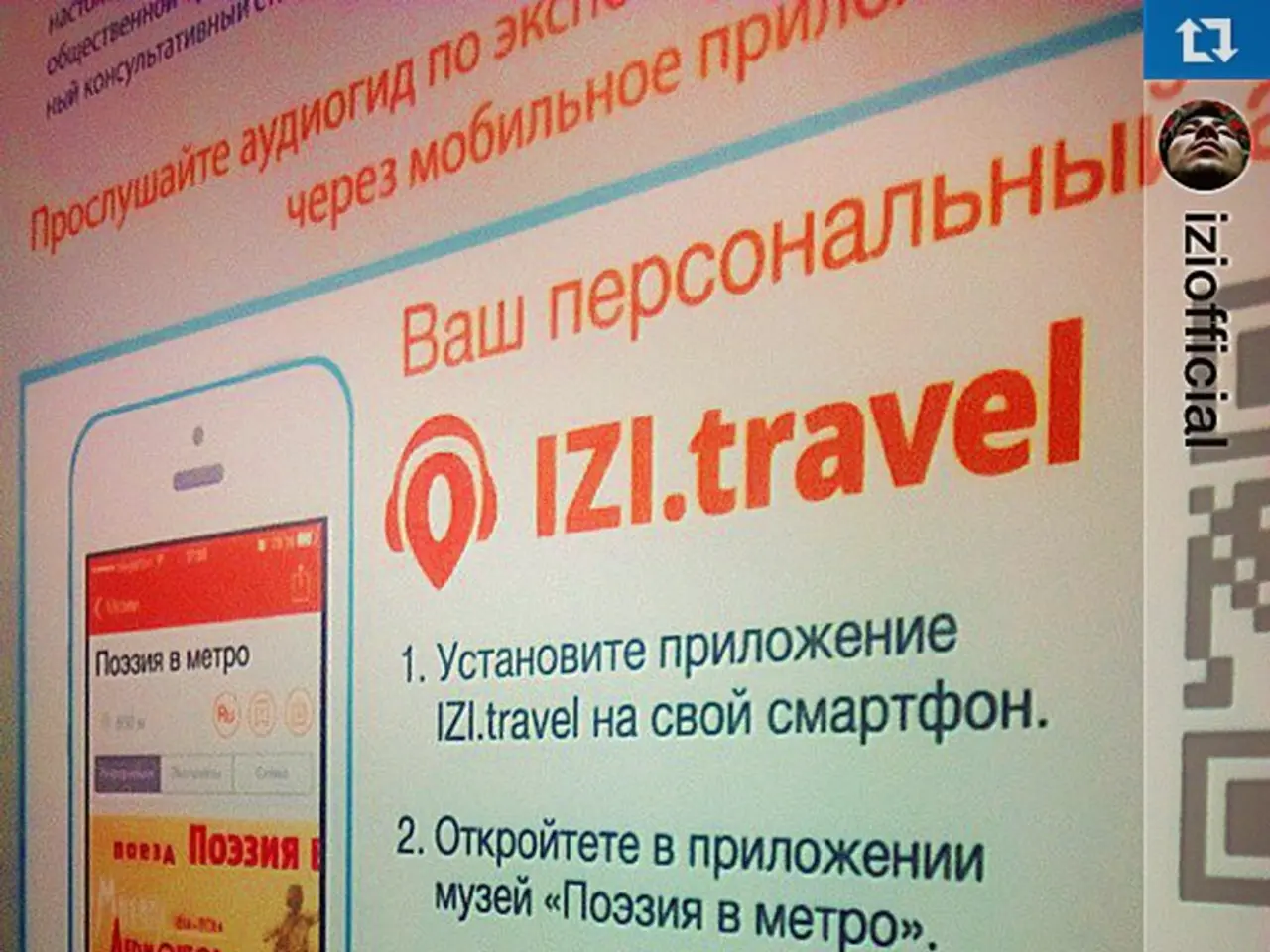Federal Drug Administration Initiates Late yet Progressive Measure to Regulate Pharmacy-prepared Medication Advertisements
In a move to ensure transparency and patient safety, the Food and Drug Administration (FDA) has announced a crackdown on pharmaceutical ads, with a particular focus on compounders and telehealth providers.
Traditionally, compounders have offered bespoke medicines for various conditions. However, around 1997, the FDA put up guardrails to regulate them, aiming to maintain the same stringent regulations as drug manufacturers. Despite this, compounders have remained state-regulated, evading the FDA's oversight.
Recently, the FDA has taken notice of the advertising practices of compounders, particularly those promoting compounded GLP-1 medicines. Hims & Hers, a telehealth provider, received a letter from the FDA for a Super Bowl spot promoting these compounded GLP-1 medicines. The ad begins with a dark montage about the obesity epidemic in America and claims that GLP-1 drugs are priced for profits, not patients.
John Driscoll, an independent FDA advertising and promotional consultant, stated that the FDA has long held that you do not have to name a drug to be considered promoting it. This has been a point of contention, with some industry sources claiming that compounders are taking things too far with advertising compounded GLP-1s and are selling products that have not been FDA tested without disclosing the many risks associated with them.
The FDA Commissioner, Marty Makary, has addressed telehealth providers in a JAMA article and a New York Times op-ed, outlining his case against drug ads. He pointed to a recent analysis showing that 1,800 social media ads from 15 telehealth companies promoted prescription drugs without including warnings or risks.
Drug advertisements on social media are often presented as entertainment, blurring the boundaries between editorial content, user-generated media, and pharmaceutical advertising, according to Makary. This lack of transparency is a concern for the FDA, which has historically not enforced its rules on telehealth providers or compounding pharmacies. However, the FDA now views telehealth providers as within its scope, suggesting a possible expansion of enforcement actions against them.
The FDA is not the only agency taking action. The Federal Trade Commission (FTC), which regulates advertising in general, could collaborate with the FDA to challenge a compounder or telehealth provider's ad. This collaboration could potentially lead to stricter regulations for compounders, bringing them in line with drug manufacturers.
Last year, Sen. Dick Durbin put forward legislation to subject compounders to the same advertising laws as drug manufacturers, but the bill was never passed. Sen. Durbin's office did not return a request for comment on his plans for the legislation.
President Donald Trump has threatened to use the might of other agencies against pharmaceutical companies that refuse to comply with his policies, and could potentially do the same with compounders and telehealth providers. This threat underscores the importance of transparency and patient safety in pharmaceutical advertising.
In the spotlight is also Serena Williams, who starred in a recent campaign by telehealth provider Ro, promoting the use of their services for weight loss medications. As the FDA continues its crackdown, it remains to be seen how these developments will impact the advertising practices of compounders and telehealth providers.
Read also:
- Trump's SNAP reductions and New York City Council's grocery delivery legislation: Problems for city residents highlighted
- Reducing dental expenses for elderlies in Sweden: Over 50% cut in charges for pensioners by the government
- Forty-year-old diet: A list of meal choices to savor
- Exiled Life's Conundrum: A Blend of Liberation, Disillusionment, and Distress






